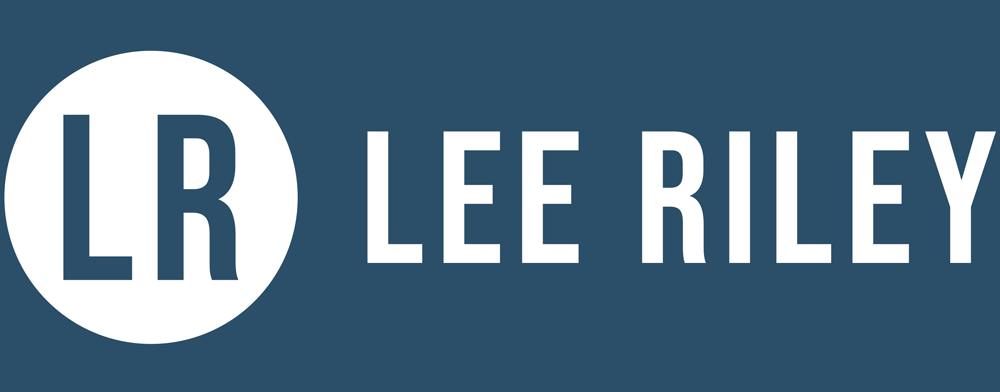Can You Adapt?
In my ideal manager world, the people and situations I expect to encounter on a day-to-day basis fit me perfectly: events happen at my pace and on my timeline, so I never have the need to be flexible. Others always agree with my perspective, so there’s no need for me to try to understand theirs. People just “get me” and are able to read my mind, so I don’t have to work at communicating. Since I never make a mistake, there’s never a need to apologize for anything. Others naturally do what I want them to do, so I never have to confront or have a difficult conversation. My employees don’t care if I understand their personal struggles, so offering empathy and understanding would be a waste of my time. And, since everything in my perfect world fits me just right, stress would be an alien concept, so I wouldn’t have to learn how to manage it. Being the center of my perfect universe means everybody and everything in it would conform exactly to what works for me.
And then my alarm goes off.
In the real world, circumstances don’t always—and sometimes rarely—align with my preferences. Deadlines don’t always fit my schedule. My peers and employees are neither my clones nor my servants. And for us to do excellent work together, we’ll need much more than what I personally bring to the table. This means that for me to be an effective leader, I need to adapt myself to the reality around me and use my authority and leadership skills to unlock and enable the potential therein. And yet the “skills” that allow me to do this are unlike the many other skills I bring to my job. Consider the following examples:
Listening so that others feel heard and respected
Wanting critical feedback and receiving it non-defensively
Giving critical feedback without creating defensiveness or hostility
Seeing a situation from another’s point of view
Embracing confrontation/conflict as a positive opportunity for growth
Managing daily stress and not projecting it on others
Exercising my authority when I’d rather be the nice guy
Owning mistakes quickly and proactively
Staying calm and engaged during confrontation or when emotions are running high
Being clear and direct in my communication
We call these skills adaptive skills, and they make or break our success in virtually every part of our work and personal life. For example, they allow me to be flexible when I really want to get my way, to show respect even when I don’t think it's deserved, to stop talking and listen even when I think I’m right, to manage my strong emotions even when they feel overwhelming, to break out of my comfort zone and lead, even when I feel insecure or doubt my own authority. To clarify this concept, let's compare adaptive skills to the other skills we bring to our work:
Job-specific Skills – These are the skills I use every day that I wouldn’t use if I changed career track, e.g., using a CAD/CAM program, repairing a diesel engine, writing software code.
Transferable Skills – These are more general skills that I could also use in a different career: general computer skills, public speaking, facilitating a meeting, etc.
Adaptive Skills – These are the skills I brought with me from childhood that will make or break my success in almost everything I do.
Once we understand the concept of adaptive skills, it’s easy to see how they impact pretty much everything we do. You and I both know individuals who have a high level of natural talent, knowledge, or job skill, yet their long-term success is ultimately limited by poor adaptive skills…it’s that otherwise competent leader who couldn’t control his or her temper or who was too afraid of conflict to have an honest conversation.
In fact, I bet if you scanned your memory and thought of the most challenging managers you’ve worked for, they weren’t difficult because they lacked intelligence or expertise. Rather, I suspect it’s because of their undeveloped adaptive skills, combined with an inability to see the impact they have on those around them. (By the way, self-awareness is the foundation of good adaptive skills).
In contrast, the healthiest leaders I see aren’t perfect, but they’ve decided to make growth in these crucial areas a professional development priority. It’s easy to see that scope of adaptive skills goes far beyond the workplace. They’ll impact every relationship we’re in, including our relationship with ourselves. Yes, these are that important.
I’m guessing that of all the ways you’d like to grow, either personally or professionally, at least some of them involve your adaptive skills. If nothing else, isn’t self-discipline—itself a fundamental adaptive skill—perpetually on our radar?
Moving Forward…
Put adaptive skills on your radar and become attuned to understanding others through this lens. This helps when you have performance issues because you’ll be better equipped to know what’s ultimately the cause. It’s easy to think only in terms of job-specific skills, but most workplace issues, in my experience, involve adaptive skills and sometimes significantly so. This puts you in a better place to coach the real issue, not a symptom of the issue.
Before you deal with adaptive skills in others, address them in yourself. There are two reasons for this. First, you learn much more about the inner dynamics of adaptive skills when you make yourself the test subject. When you come to know your own behavior in this way, you’re in a better place to see how it works itself out in others. Second, you’ll build credibility as others see you holding yourself accountable before you hold them accountable. To use a catchphrase, this is “leading by example.”
Read next: How to Grow in Your Adaptive Skills


